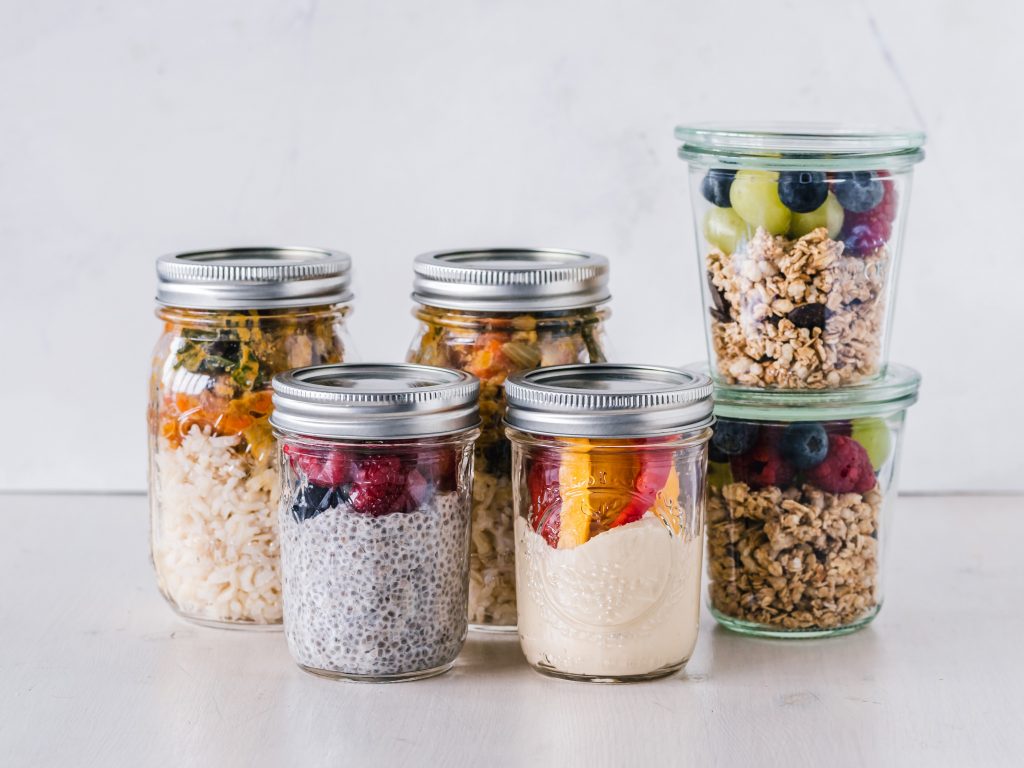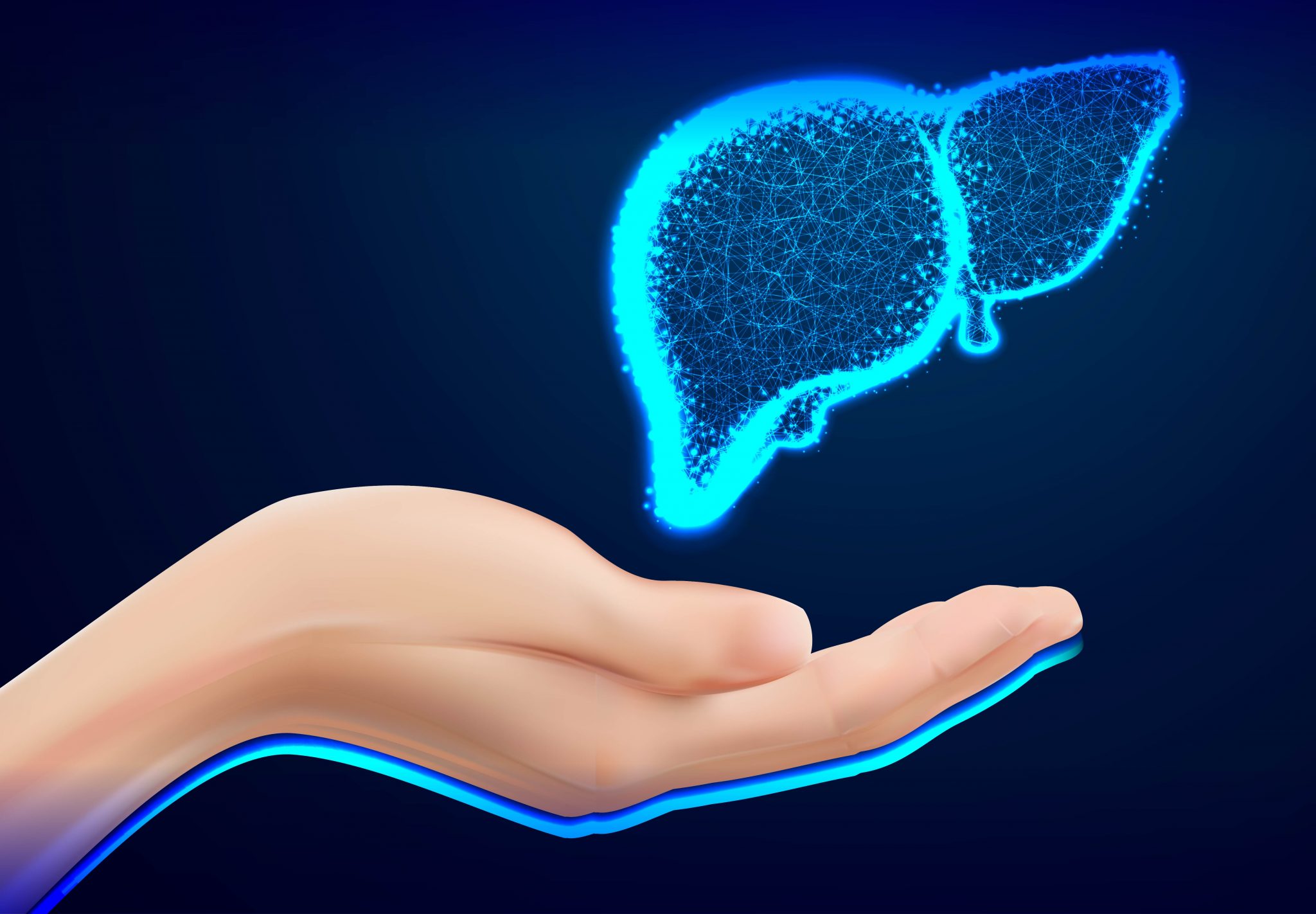Food – the fuel that keeps us going and makes us productive. We often hear this saying — we are what we eat.

Generally, we eat because we are hungry. Sometimes we eat because we want to, because we have a craving, or because we are enticed by the smell or the looks of the food.
There are two types of nutrients:
- Macronutrients – nutrients that we need in relatively large quantities.
- Energy macronutrients – these provide energy.
- Macronutrients that do not provide energy
- Micronutrients – nutrients that we need in relatively small quantities.
Let’s dive a little deeper into these categories.

Macronutrients
Examples of energy macronutrients:
- Carbohydrates
- Proteins
- Fats
Examples of macronutrients that do not provide energy:
Fiber
Even though fiber consists mainly of carbohydrates, but because it’s not easily absorbed by our body, it doesn’t really provide much energy. However, it’s still very crucial, and it’s actually fuel for gut bacteria.- Water

Micronutrients
Generally, micronutrients are only required in relatively small quantities, and you should be able to get the required quantity from a balanced diet. Examples of micronutrients are magnesium, sodium, potassium, iron, zinc, etc.
However, deficiency of micronutrients could contribute to some diseases. For example, calcium plays an important role in your bones, and a deficiency in calcium can cause a decline in bone strength.
Eating well and having a healthy diet will help ensure that your body gets all the nutrients it requires, and it can also help protect you against malnutrition, as well as some noncommunicable diseases like diabetes, heart diseases, stroke, etc.
Identify Your Needs
Now that you’ve had a brief overview of nutrition, let’s explore how you could determine what your needs are.
In general, your energy intake from food should be balanced with the energy your body utilises. Depending on how active you are, you would need to eat the right amount of calories to sustain your body.
The recommended calorie intake for men is around 2500 calories a day, while women should have around 2000 calories a day. This is just a recommended value, and you should take into consideration the level of activities that you have, as well as the way your body responds to certain food.
Take note of your current eating habits.
- Do you have fixed meals every day?
- Do you skip any meals?
- Do you have a balanced meal, which includes the right
- Are you drinking enough water?
Answer these questions honestly, as it is the first step to developing a better eating habit.
Take some time to go over the Harvard’s Healthy Eating Plate. Are there any parts of your current eating habit that you can make improvements on?
For example, would you be able to reduce your sugar intake by ordering “Milo kosong” or “barley kosong” every time you eat in restaurants?

Your Goals & Action Plans
Once you’ve acknowledged the parts in your current eating habits that require improvement, let’s talk about crafting goals and action plans.
Quite often, we focus only on setting a goal.
How many times have you heard your friend said:
- “I want to eat healthier”
- “I want to lower my cholesterol levels”
- “I want to lose weight”
- etc
It’s very important to set both your outcome goals and your action plans to achieve these outcome goals.
Let’s look at some examples:
Example 1:
- Outcome goal: Lower blood pressure
- Action plan: I’ll reduce my salt intake by seasoning my food with herbs instead of salt.
Example 2:
- Outcome goal: Lose weight
- Action plan: I’ll reduce my monthly fast food intake from 10 times to 2 times. I’ll also start to jog twice a week for 20 minutes each time.
Take some time to think about your outcome goals and craft your action plan.
Remember, change is hard, so it’s always better to start with baby steps and set action plans that you think are achievable! It’s very important to be continuously motivated so that you will be able to stick to your action plan.
Want to maximize your action plan and its effects? Find out more about your genetic predisposition in nutrition requirements, weight control, fitness, and more with DNA Explorer Personal today!


